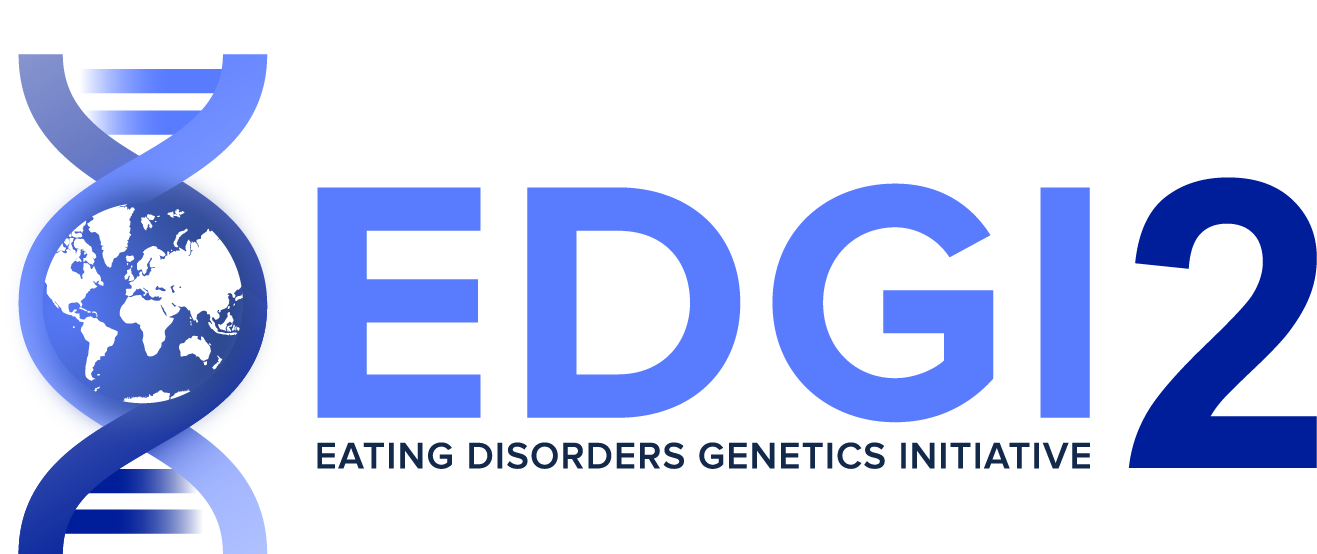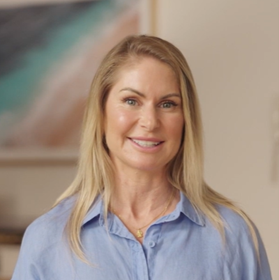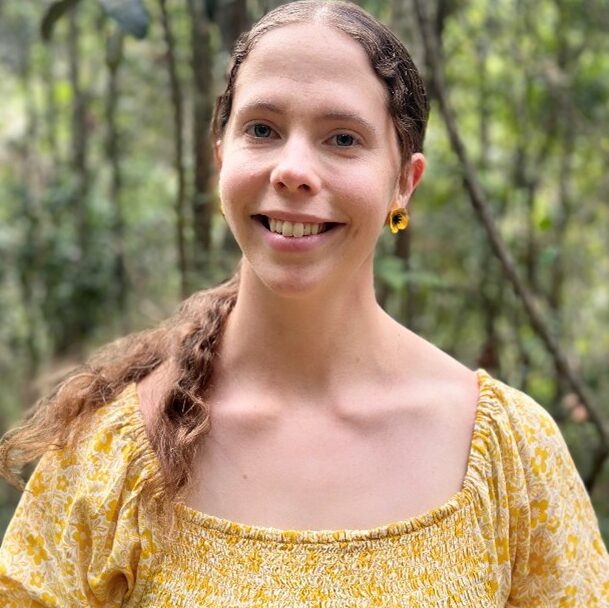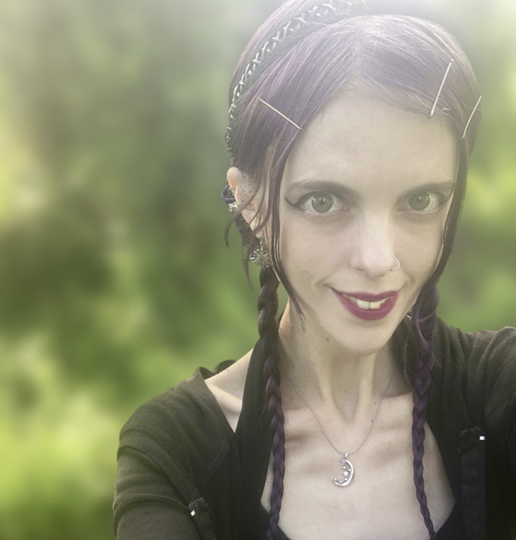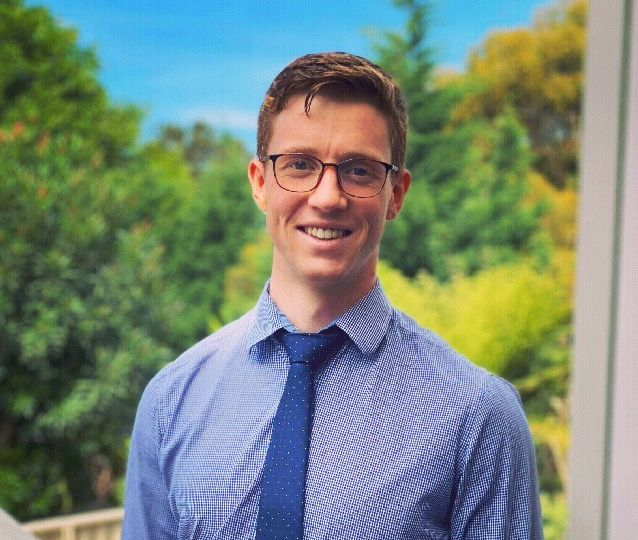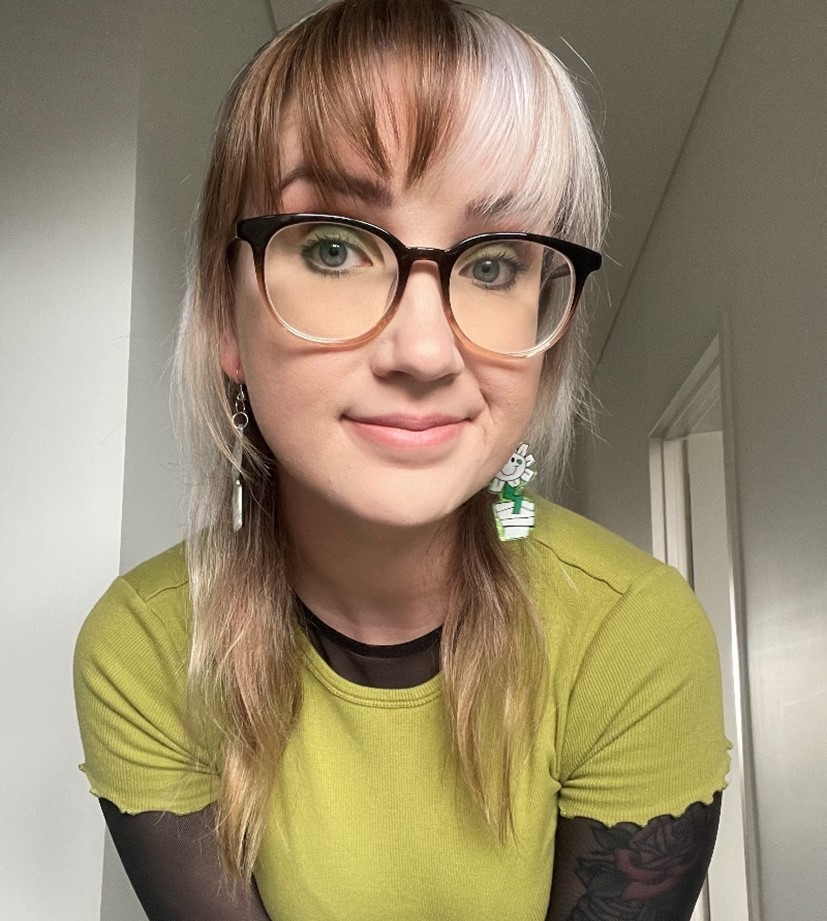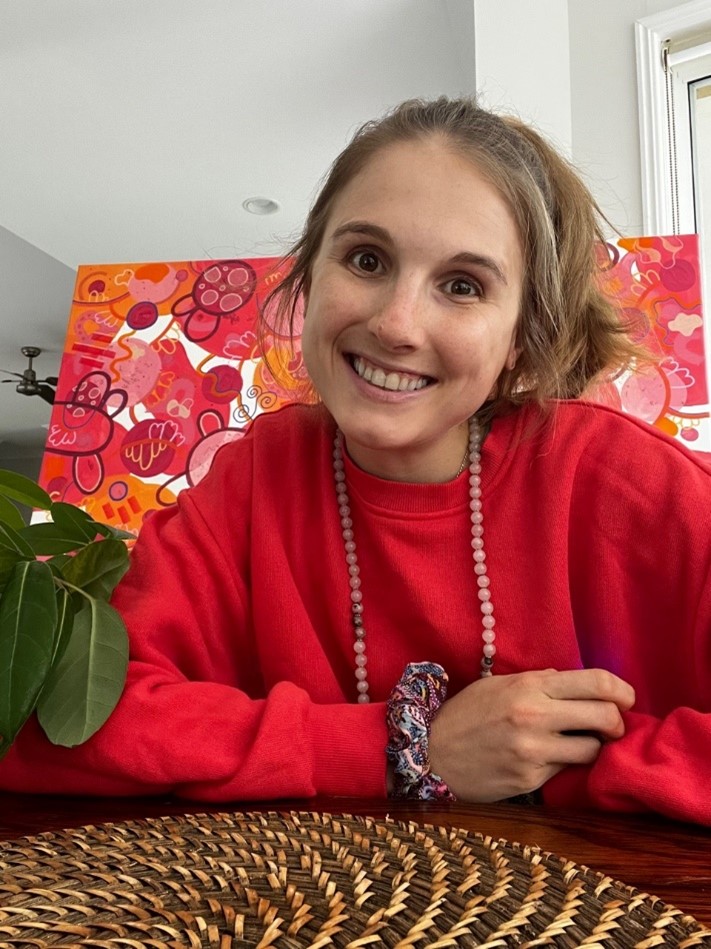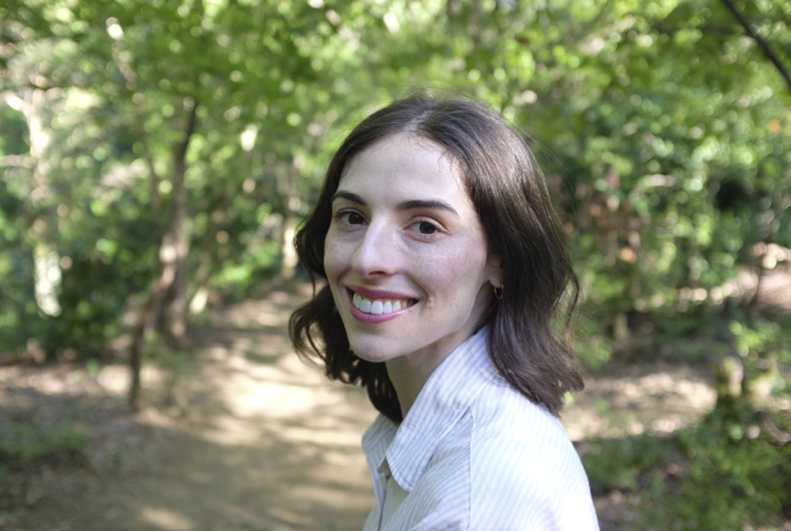Student, artist and aspiring teacher, Hayley, 24, Gold Coast, was diagnosed with anorexia nervosa in 2016, after her parents and teachers began to notice signs of the mental illness. At 16 years of age, Hayley was referred by her GP to a child psychiatrist, who promptly diagnosed her with anorexia nervosa, and coordinated her immediate hospitalisation.
Characterised by psychiatric and physical symptoms,1,2 anorexia nervosa is a serious and complex illness marked by extreme food restriction, and significant, and often dangerous, weight loss.3
In the years leading up to her diagnosis, Hayley, then a student at an all-girls school, became increasingly preoccupied with her body image and wanting “to fit in, be liked and accepted”.
Controlling her eating became Hayley’s way of managing both her appearance and self-worth. In her desperate search for acceptance, every compliment felt like a small victory, a moment where she could believe she was enough.
In her early teens, Hayley’s perfectionism and drive to succeed masked deep insecurity, as she relied on external validation and used dieting to suppress her feelings of inadequacy. In her late teens and early twenties, Hayley spent weeks in and out of hospital, often admitted during school and university breaks.
Living with an eating disorder was a constant battle for Hayley – trapped between the disorder’s voice and her own, every decision became exhausting, leaving her feeling isolated and suffocated.
She notes a genetic link, citing a family member with likely anorexia nervosa, who was never formally diagnosed.
Since her most recent hospital discharge last year, Hayley has seen her psychologist weekly, supported by a GP, psychiatrist, and case manager, which she describes as “an invaluable recovery network”.
Now in recovery, Hayley recently became a qualified yoga teacher, is completing a Master’s degree in teaching, and hopes to become an art therapist, using her experience to help others.
Hayley has chosen to participate in the Eating Disorders Genetics Initiative 2 (EDGI2) study – the world’s largest genetic investigation of eating disorders ever performed, that aims to identify the genes that influence a person’s risk of developing complex, devastating eating disorders – including anorexia nervosa, bulimia nervosa, binge-eating disorder and avoidant restrictive food intake disorder (ARFID) – to improve treatment, and ultimately, save lives.
EDGI2 follows the ground-breaking advances made in the initial EDGI investigation and collaborative Anorexia Nervosa Genetics Initiative (ANGI), in which researchers, including the EDGI team, identified the first eight regions of the genome for anorexia nervosa that implicate both psychiatric and metabolic causes for the condition.
This was a total surprise and a finding that urgently needs replication and expansion to fully understand the pathways that lead to this debilitating condition – hence the need for a much larger sample size and participants who have experienced ALL eating disorders, which is the aim of the EDGI2.This is Hayley’s story.
Hayley’s struggles with body image and self-worth began in her teens, as pressure to fit in took a severe toll on her mental and physical health.
“At an all-girls school, once we started socialising with boys, I felt pressure to look a certain way.
“I wanted validation from my friends, and that quickly became a belief that the less I ate, the more popular I’d be,” said Hayley.
“Food became something I could control. It wasn’t about being overweight, but rather, managing how I looked and felt about myself.”
As Hayley’s struggles intensified, her eating habits took a serious turn, pushing her to breaking point.
“My downward spiral of food restriction became so severe, I couldn’t attend school any more.”
“I was hospitalised the day before my 16th birthday. I knew something was wrong, but I was afraid to admit I had an eating disorder,” Hayley said.
Hayley’s perfectionism and drive to achieve set unrealistically high expectations, and further fuelled her struggles with disordered eating.
“I’ve always been a high achiever and put a lot of pressure on myself. Dieting gave me control when everything else felt uncertain – it was how I managed my insecurity,” said Hayley.
Hayley explains what it’s like to live with an eating disorder.
“It’s like living with two people inside your head. Every decision, every day is a constant battle between the disorder and yourself.”
“Waking up in the morning isn’t about enjoying the sound of birds. It’s about what you’ll have for breakfast,” Hayley said.
“Waking up, my first thoughts were never about the world outside or day ahead,” Hayley said. “They were about breakfast. Instead of enjoying the sounds or birds, I’d be lost in thoughts of food -— what I would eat, and how much I could control it.”
“It’s overwhelming, draining, exhausting, and sometimes even suffocating.”
Hayley’s eating disorder has deeply impacted both her social and physical well-being, leaving lasting effects that continue to shape her life.
“My eating disorder became so ingrained in my personality that separating from it in recovery felt like losing a part of myself.
“Physically, my eating disorder has caused lasting damage. My bones are fragile, I still don’t have my period, and while I look okay now, the internal damage will continue to stay with me,” said Hayley.
Hayley credits ongoing support from her mental health team and a passion for art and yoga for her recovery.
Today she shares a powerful message with other Australians living with an eating disorder.
“Don’t wait to ask for help. The earlier you seek it, the better your chances of recovery.
“With awareness, it’s easier to break unhealthy patterns before they define you,” Hayley said.
“No matter what you’ve faced or where you are now, there is always hope. Discover what truly lights you up — what brings you joy beyond food or your disorder — and let it guide you forward.”
To volunteer for, or learn more about the Eating Disorders Genetics Initiative 2, head to edgi2.org.au or email edgi2@qimrb.edu.au.
Should you suspect you, or a loved one, may be living with an eating disorder, speak to your local healthcare practitioner without delay, or head to insideoutinstitute.org.au to complete their online screener and assessment, and to access more information and professional support.
Australian professional patient support services offering 24/7 helpline services include:
- Butterfly National Helpline: 1800 334 673
- Beyond Blue: 1300 22 4636
- LifeLine: 13 11 14
- Men’s Line Australia: 1300 78 99 78
- Kids Help Line: 1800 55 1800
